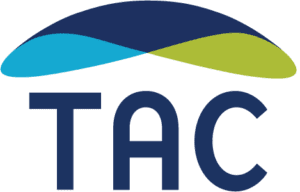From a public health perspective, efforts to improve access to upstream, preventive behavioral health services should result in fewer crises for the system to respond to, and lead to better outcomes for service recipients as well. This is particularly true in addressing the needs of children and youth, since early and effective intervention can make a positive difference for both a young individual and their family for many years to come.
To help bring about this shift, the Commonwealth Fund engaged TAC to create a series of posts for its To the Point blog on incorporating Medicaid and best practices to prevent and resolve behavioral health crises for children and adolescents. These quick overviews are intended to help those who design, finance, and implement behavioral health services — as well as people who work in other child-serving systems.
— Building a Statewide Youth Behavioral Health Crisis Continuum shows how states are exploring innovative practices and finding ways to provide the three “core youth crisis services” outlined in national guidelines: someone to talk to, someone to respond, and a safe place to be.
— Strengthening Home- and Community-Based Services to Stabilize Young People with Behavioral Health Problems and Keep Them Out of Hospitals describes how communities are working creatively to find solutions, including expanding behavioral health mobile crisis teams, to help stabilize youth before they reach crises.
— A Call for a National Strategy to Strengthen the Youth Behavioral Health Workforce summarizes the core elements of a letter to President Biden from more than 100 state and national organizations, laying out a vision for a “robust and comprehensive mental health workforce strategy.”
— Using New Federal Funding to Meet Children’s Behavioral Health Needs in School explains that in addition to funding, policy support is critical for schools, which aren’t accustomed to navigating the complexities of Medicaid and health care billing.
— Medicaid’s Essential Role in Improving the Mental Health of America’s Most Vulnerable Youth describes how states can improve access to preventive behavioral health services through Medicaid, a shift that can yield significant savings and provide ongoing benefits as young people become adults.
With the support of the Commonwealth Fund, TAC also joined with the Jed Foundation to develop Leveraging Medicaid to Enhance School-Based Mental Health Services, an issue brief with guidance to schools, states, and the Centers for Medicare and Medicaid Services to reduce administrative burdens, leverage targeted TA from the federal government, and meet the increasingly critical mental health needs of young people in the United States.

